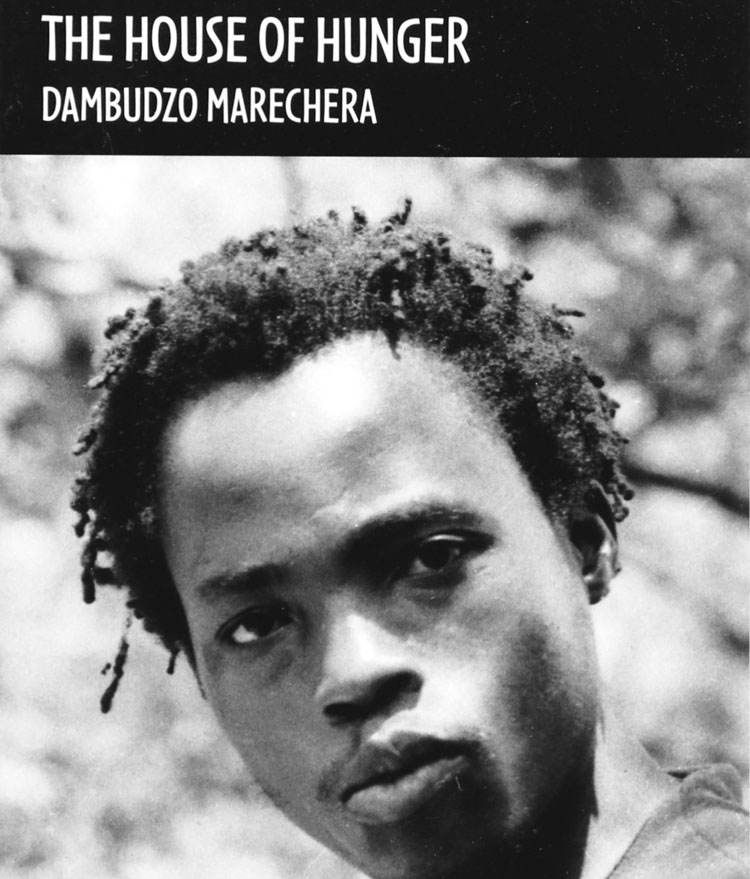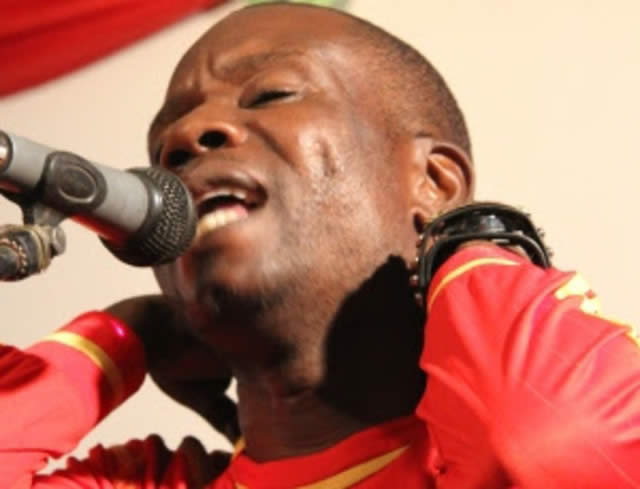Vital to honour our artists in life, death

 Ruth Butaumocho Gender Editor
Ruth Butaumocho Gender Editor
Dambudzo Marechera was a renowned writer, who carved his own piece of history, both on the local and international literature radar as one of the best young African writers to emerge.
His radical work was well respected that even academics likened his style of writing poems to that of modernist writers like Arthur Ribaud, T. S Elliot and Nigerian poet Christopher Okigbo.
Three decades after his death, Dambudzo’s literary works remain among Zimbabwe’s most important cultural products on the creative writing front.
Sadly, the same cannot be said of the tenement he grew up in, which shaped some of his formative stories.
With no known family, or children, expected to keep his legacy alive, readers of Marechera’s literary works have been grappling for memoirs that can turn their loss into a living memorial.
The results have not been significant enough to mention.
A residence that was once home to the Marechera’s family, which probably shaped the late writers’ literal ideologies in the G section of Rusape’s Vhengere high-density suburb, has been left to waste away.
Instead of turning it into a memorial library or according it special status, Rusape Town Council repossessed the house following the death of the writer’s mother in the late 1970s.
Marechera’s former home carries many emotions within its walls, some of which his fans were fortunate enough to have read, while others remain untold across decades.

Mbuya Chipaumire explaining how her family was allocated the house by council
When The Herald visited the house in Rusape, it was hard to believe that an accomplished writer of his ilk once slept in it.
The place, which could have influenced Dambudzo’s book “House of Hunger” is just like any other house in Vhengere.
It is devoid of swagger, memoirs, artefacts, or even a perimeter fence to wade off strangers.
Worse still, it was allocated to a family ignorant that a literary icon once lived there.
“Ino imba takaipihwa nekanzuru baba vachiri vapenyu. Ndakangonzwawo kuti baba vaigara pano, vaisevenza kumochari yekanzuru (We got this house from council, when my husband was still alive. I understand the previous owner was a mortuary attendant),” said Mbuya Chipaumire in an interview in Rusape recently.
Her family started living in the house way back in the late 1970s after fulfilling all council formalities.
With two bedrooms, a kitchen, a sitting room and an outside bathroom, the family decided to renovate the house.
“We were halfway working on the renovations when my husband died. Since then, it has been a struggle to complete the house.
“This house belongs to us as a family, and no one has approached us, querying on its ownership status for all these years.
“I am actually shocked by your presence here. I have never heard about Dambudzo Marechera, but I understand that my husband was somehow related to the previous owner of this house,” she said.

Ms Doreen Binali recounting Dambudzo Marechera’s life story
Even people who live close to what should have been a monument by now are not unaware that the street once housed a top writer.
Save for vague memories that his extended family and friends have, when Dambudzo and his family lived there around the 1970s, the house is a plain habitat lacking the identifiable aura associated with memorial places.
Artefacts that ardent readers of Marechera knew about him and memoirs that would have helped them appreciate and understand him more, are no longer there.
A close friend of the Marecheras, who went to school with Dambudzo at St Augustine’s, Ms Doreen Binali said the writer had to live with the Binalis during his last school days before he went to Harare after getting a scholarship.
“After his father’s death, his mother relocated to their rural home in Tande, rendering him homeless. Their house had been repossessed by council after the family failed to pay its huge bill.
“Since he was friends with my brother and they were in the same stream at St Augustine’s, he would come to stay with us during school holidays,” she said.
With some of his siblings now living with relatives and friends, Ms Binali recalls that Dambudzo kept to himself most of the times, reading.
He would only come out of the shared bedroom to take his meals with the rest of the family.
“He left soon after his A Levels, after getting a scholarship to study at university. That was the last time, we saw him.
“We started reading about him in the newspapers that he was now a writer. We even learnt about his death through the newspapers
“He was one of us here in Vhengere, but there is nothing to show that Dambudzo grew up among us.”
Ms Binali urged council authorities to honour the writer posthumously to ensure that his legacy would be sustained through various activities and events within the local community.
Seventy-year-old Mrs Chipo Umari from Vhengere concurred, adding that it was important to honour the late writer, who remained little-known in Rusape despite his contribution to Zimbabwe literature.
Mrs Umari, who recalls the lanky studious young man, who later became an internationally-acclaimed writer, said only a few people in Vhengere still had memories of Dambudzo.
“Isu takutotaura sengano, nekuti hapana chiripo chinoratidza kuti wakakurira muno (it now sounds like a fabricated legend when we tell young people that Dambudzo Marechera used to run in these streets,” lamented the old woman.
Dambudzo died in 1987 at the age of 35, when most writers of today were publishing their first novels.
When he died, he had written three novellas, short stories, poems and essays.
He continues to be regarded as one of the most influential post-colonial African writers.
His personal life was not without its share of problems, especially after the death of his father, who was the breadwinner. According to reports, it was at this time-when the family was thrown out of the family house for failing to pay rent that Dambudzo began the habit of getting his “things” and leaving.
It is said that mostly, he was escaping the shame of his family, the poverty, the chaos, the pain in the “house of hunger”.
He was always leaving the house of hunger, seeking the sun, which was later interpreted to mean school, scholarships.
Not sure if Dambudzo is turning in his grave now that the House of Hunger is withering under the test of time, but reality is with each passing day the memory of one of Zimbabwe`s prolific writers continues to slide closer into oblivion. If only Zimbabwe could celebrate its heroes more.
Feedback:[email protected]







Comments